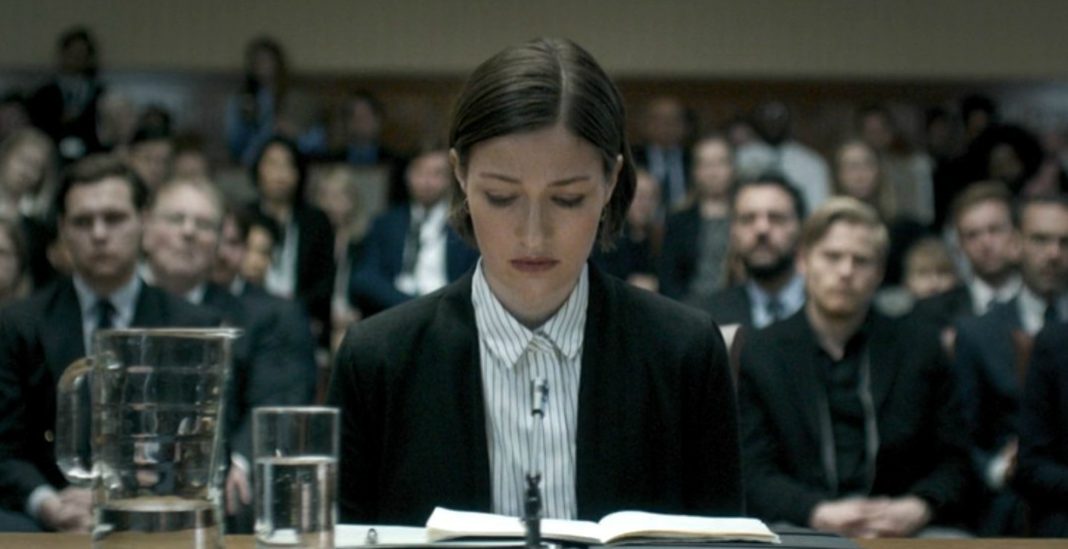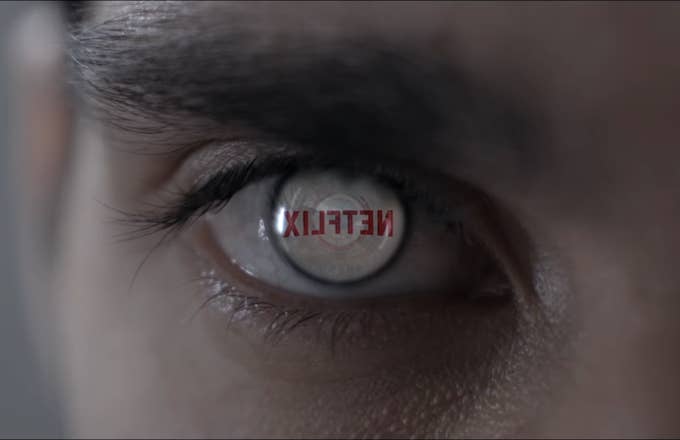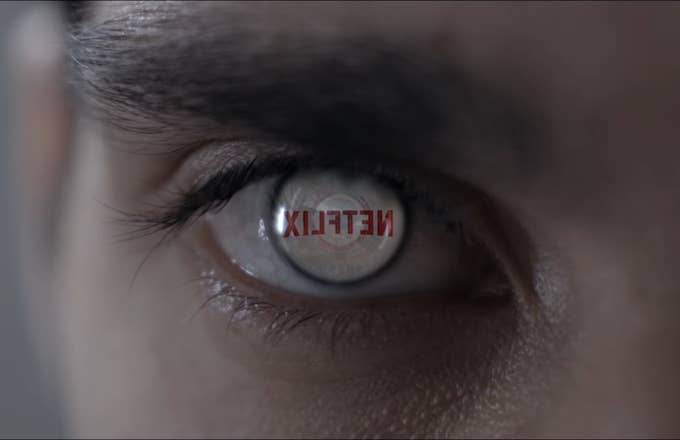
A new year means a whole lot to think about, particularly in a world as messed up as ours. But before 2018 kicks off, Charlie Brooker is bringing us six new Black Mirror episodes, his bleak, wise, and relentless Netflix series that imagines several different worlds where technology warps our humanity.
Season four premieres on Netflix on Dec. 29, but before it does, we’ve decided to take a closer look at some of the show’s best episodes. For a show as twisted and ambitious as Black Mirror, it’s only natural that some episodes stand out above others, and the following are eight that highlight the show at its best. While they’re all different and often hard to place next to one another, Black Mirror is the most moving when its gloominess doesn’t overshadow its humanity. Hopelessness is the prominent tone of the show, but these episodes still strive to understand human behavior. They make the show more than just a cold, cutting monster. Here are our picks for the best episodes out yet.
8. White Bear
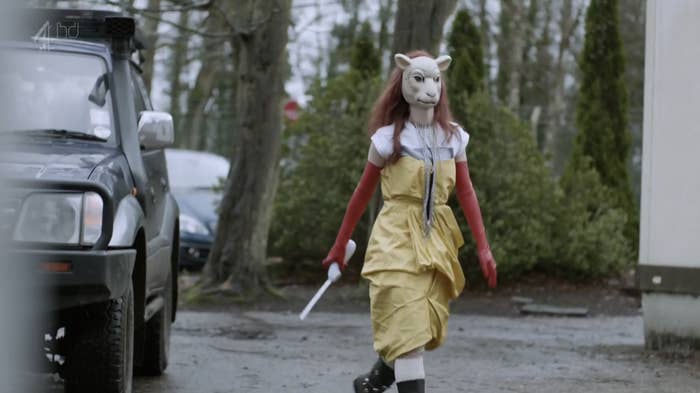
7. Nosedive
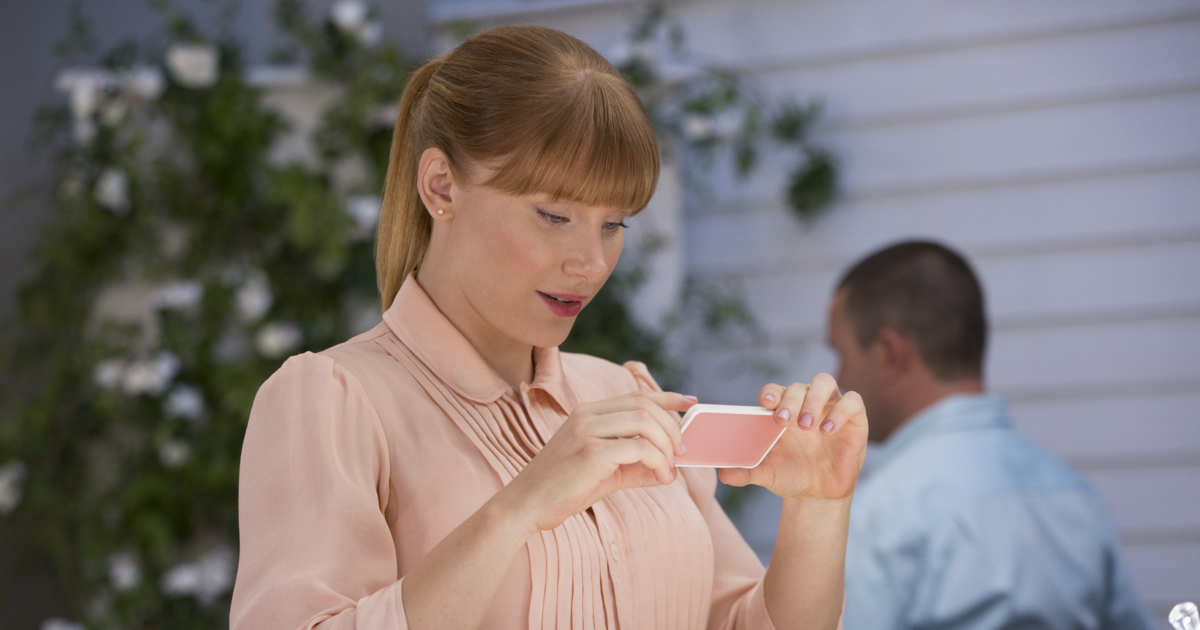
6. San Junipero

5. The Entire History of You
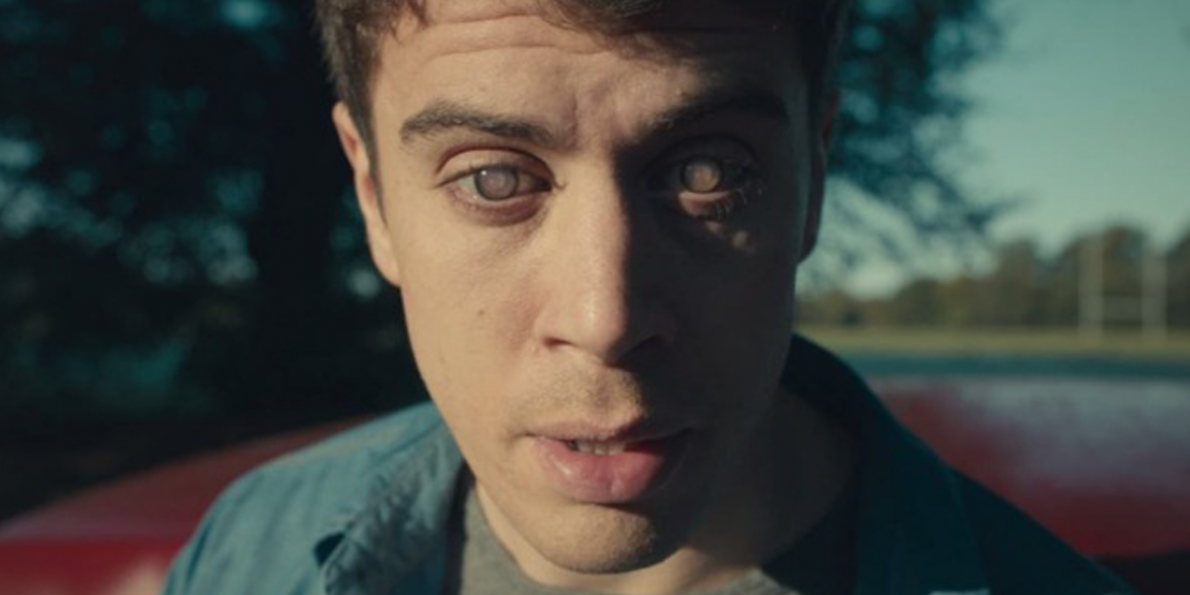
4. The National Anthem
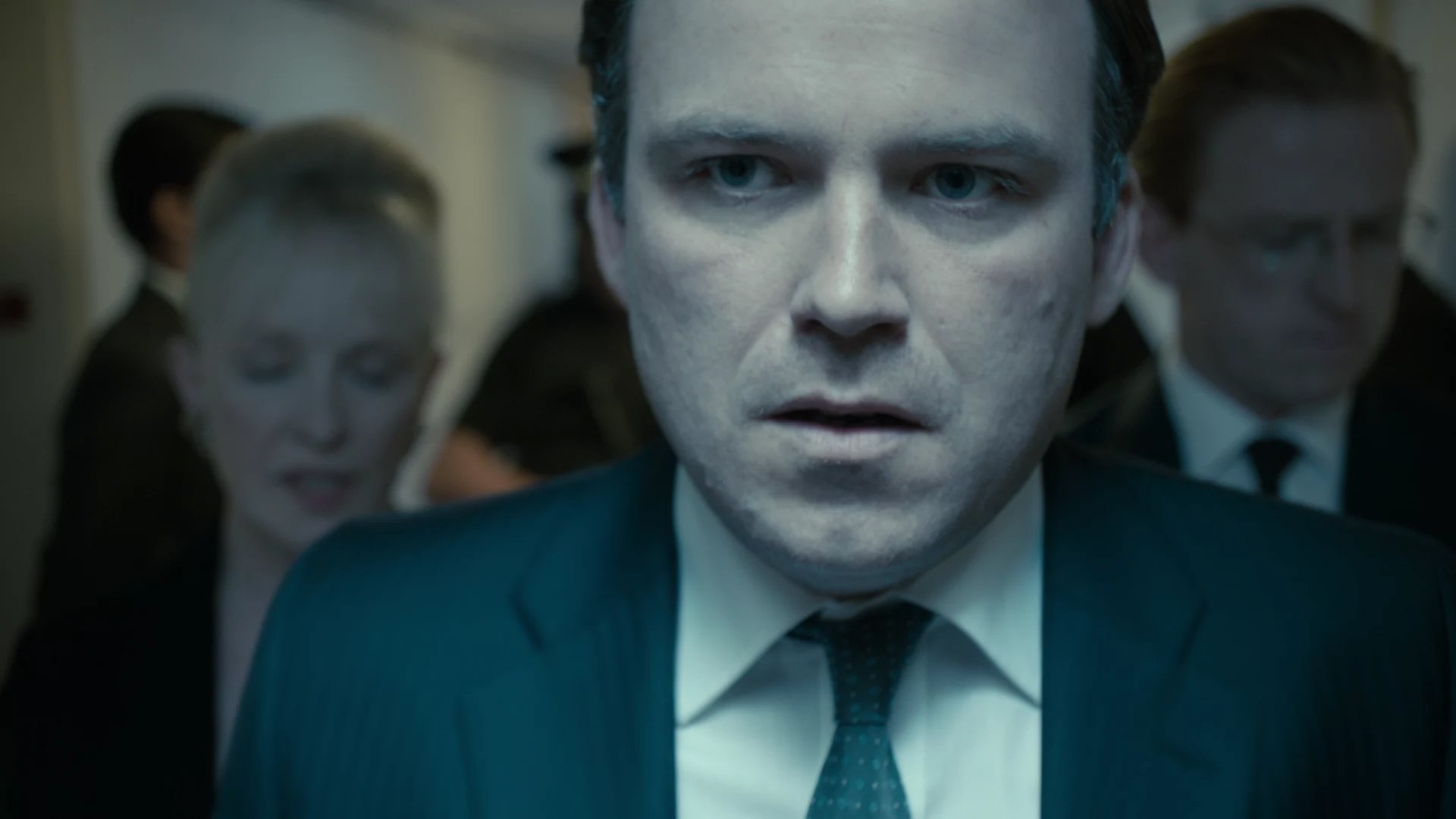
3. Fifteen Million Merits
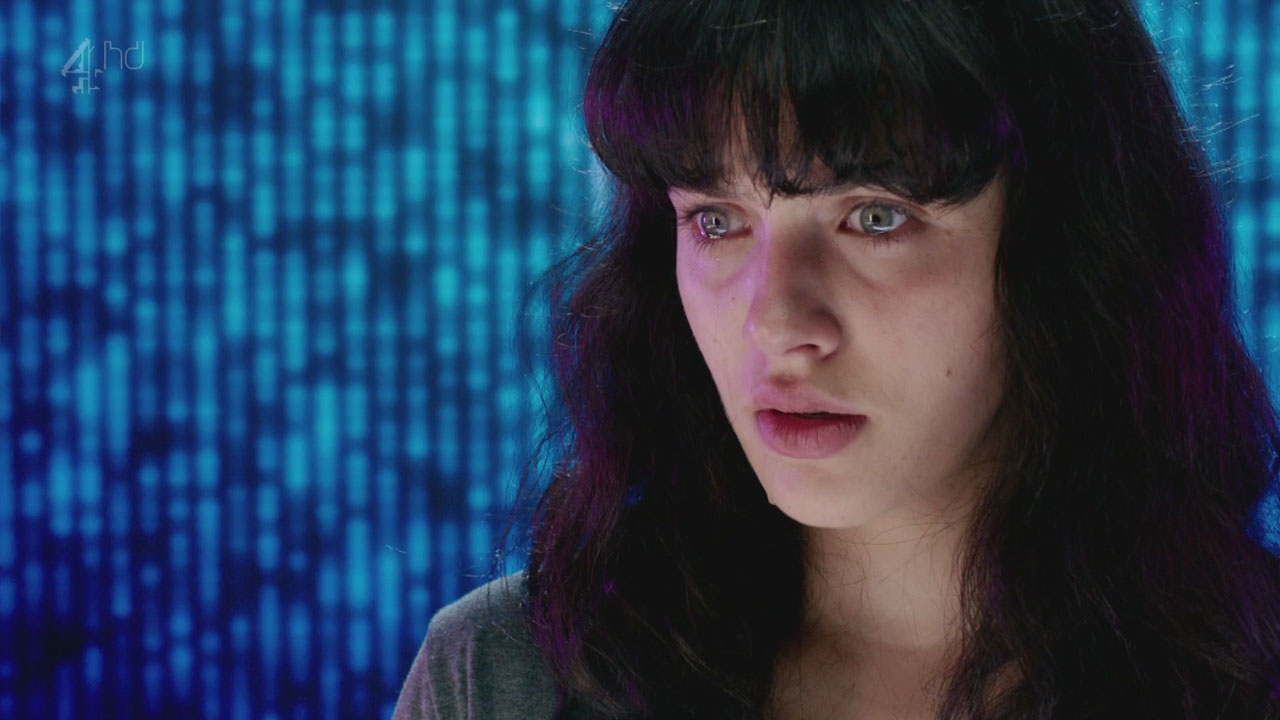
2. Be Right Back

1. Hated In The Nation
